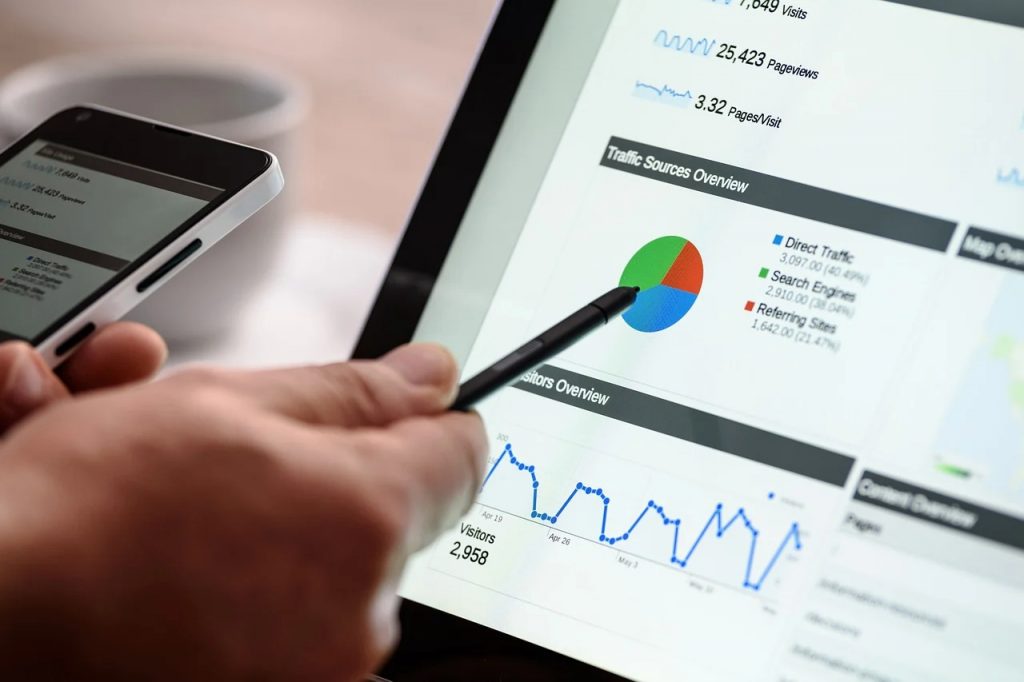Interest Rates Will Soon Reach Record Highs, Here’s What It Means For You
Inflation has a tight grip on the nation and won't let go. Now, the Federal Reserve is resorting to implementing a record high interest rate.
This article is more than 2 years old

At this point, it’s abundantly clear that inflation is having a massive effect on everything we buy. From gas to homes to everyday goods, everything has become infinitely more expensive in 2022. The Federal Reserve and the government have been well aware of this issue, accelerating interest rates to undermine the growing inflation levels. Now, the Federal Reserve is going for another interest rate hike, which might mean prices will be even more horrendous before they stagnate.
When the Federal Reserve handles interest rates, the increase is usually at no more than half a percentage point. In June, the bank decided to implement an interest rate of three-quarters of a percentage point, which is the highest increase since 1994. With talks of an upcoming meeting, it’s assumed that the Federal Reserve could hike up the interest rate by one full percent, which has never been done in US history.
Though the stock market didn’t take a massive hit from this recent news, lawmakers and the US government are worried about what the interest rates will do to the economy. Even more important, how will the average American pay for their necessary expenses? Some politicians doubt the Federal Reserve would implement such a costly rate raise. Federal Governor Christopher Waller said the market would “have a heart attack” if the Federal Reserve enforced a whole-percentage-point interest rate bump. Though it hasn’t occurred yet, an interest rate hike of this level is highly probable, which concerns everyone from lawmakers to the average joe.
According to the stock market, there’s an 81% probability that the Federal Reserve will implement a full-percentage-point interest rate bump. This assumption comes from record-high increases in general goods, gas, and housing. Gas, as many Americans are aware, is pricier than its ever been. Gasoline prices are 60% higher than they were a year ago, a startling and concerning reality. Housing has also increased, costing almost 6% more on average than last year. Other goods like home furnishings have increased by 9.5% since June 2021. Almost every marketable product has gone up in price, which has galvanized the Federal Reserve to get involved.
The belief that the US will install a high-interest rate soon is corroborated by neighboring countries that have enacted similar policies. Canada’s bank instilled an interest rate hike by one percentage point this past month. Countries like South Korea and New Zealand also implemented a rate raise just yesterday, suffering from similar inflation issues. Singapore and the Philippines made public action to tighten their monetary policies to try and undermine climbing inflation rates. The Federal Reserve is no longer alone in attempting to curtail inflation, but no country has yet to stop these unfortunate monetary increases effectively.
Inflation is an enormous problem worldwide due to an amalgamation of frustrating factors. The pandemic has, of course, had a long-lasting effect on business, commerce, and transportation. Still, other factors like corporate greed and the Russian invasion of Ukraine have compounded to make necessities more pricey. All banks can do is raise interest rates to stabilize inflation, but the lofty cost increases won’t do average citizens any justice in this current economic state.





